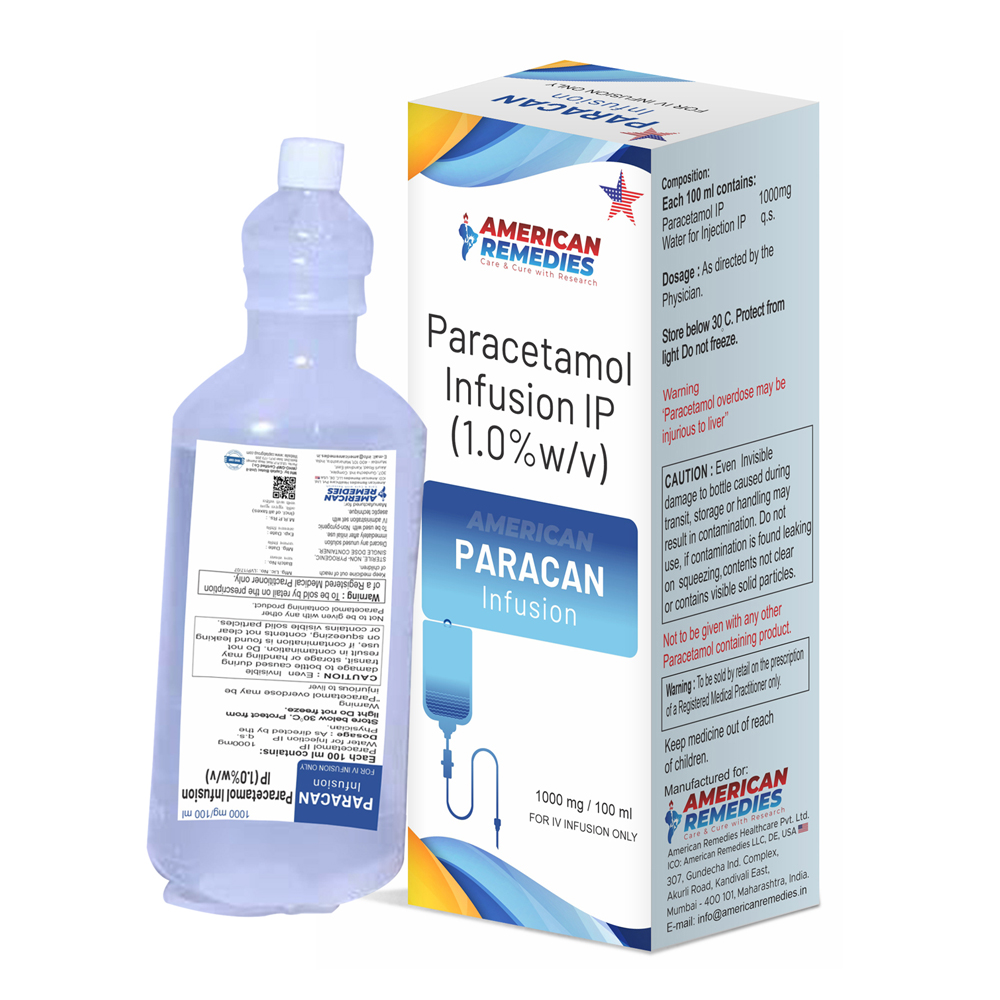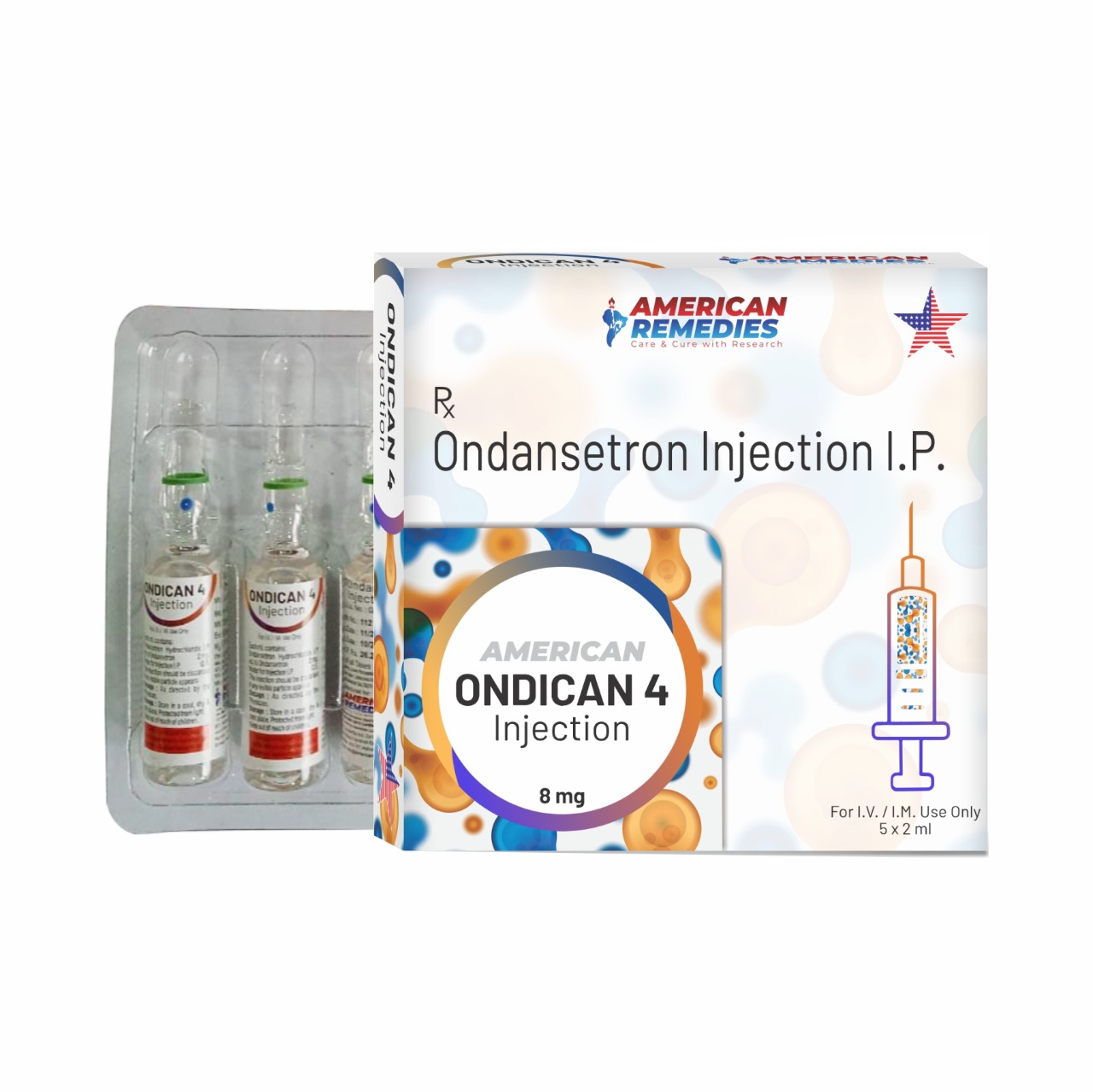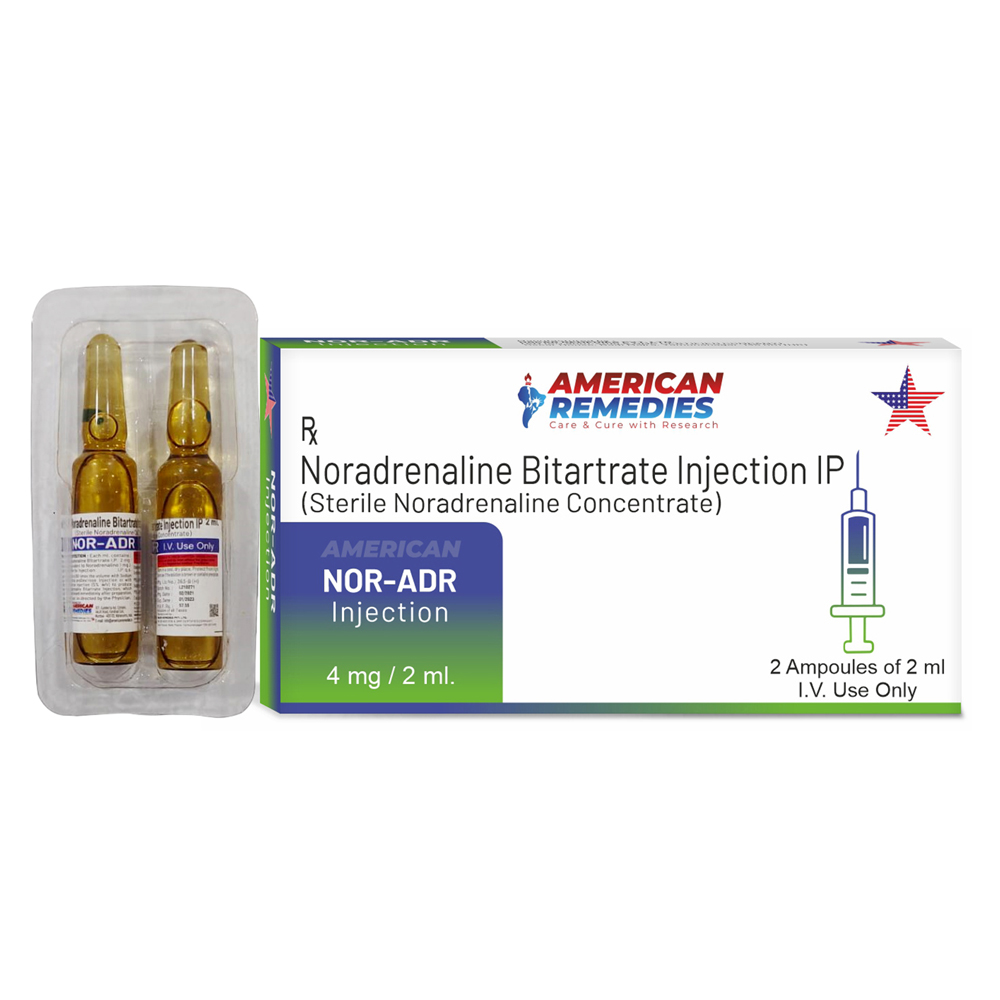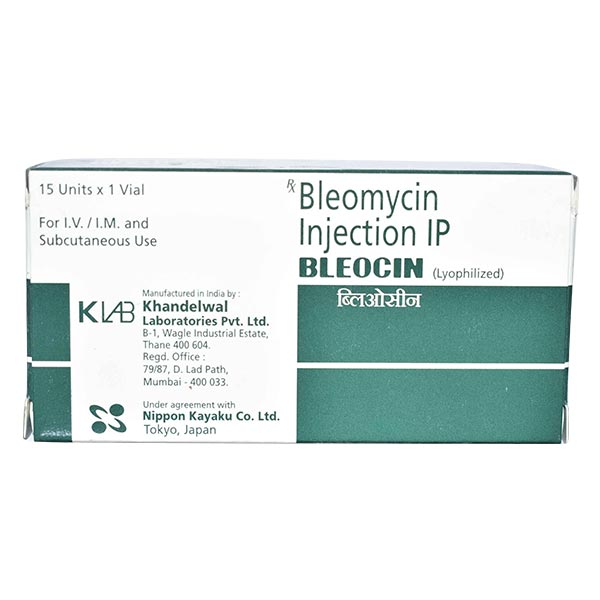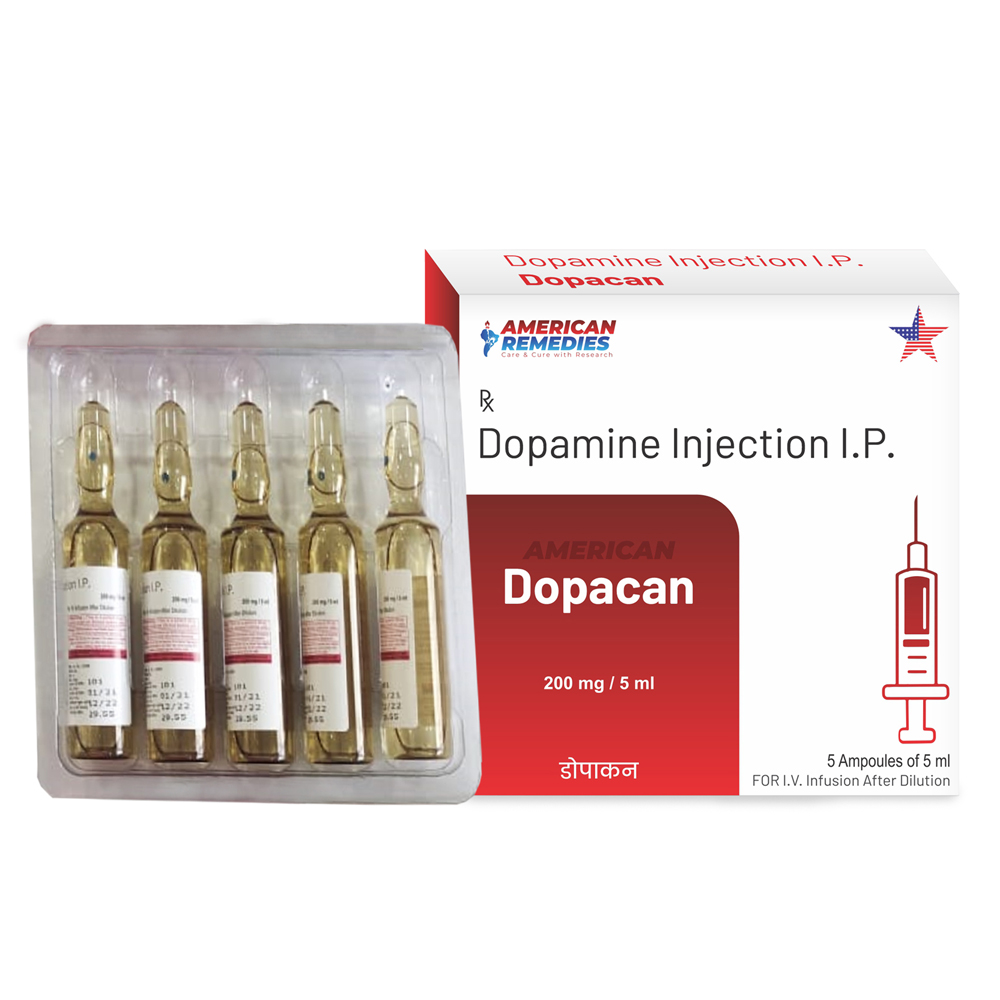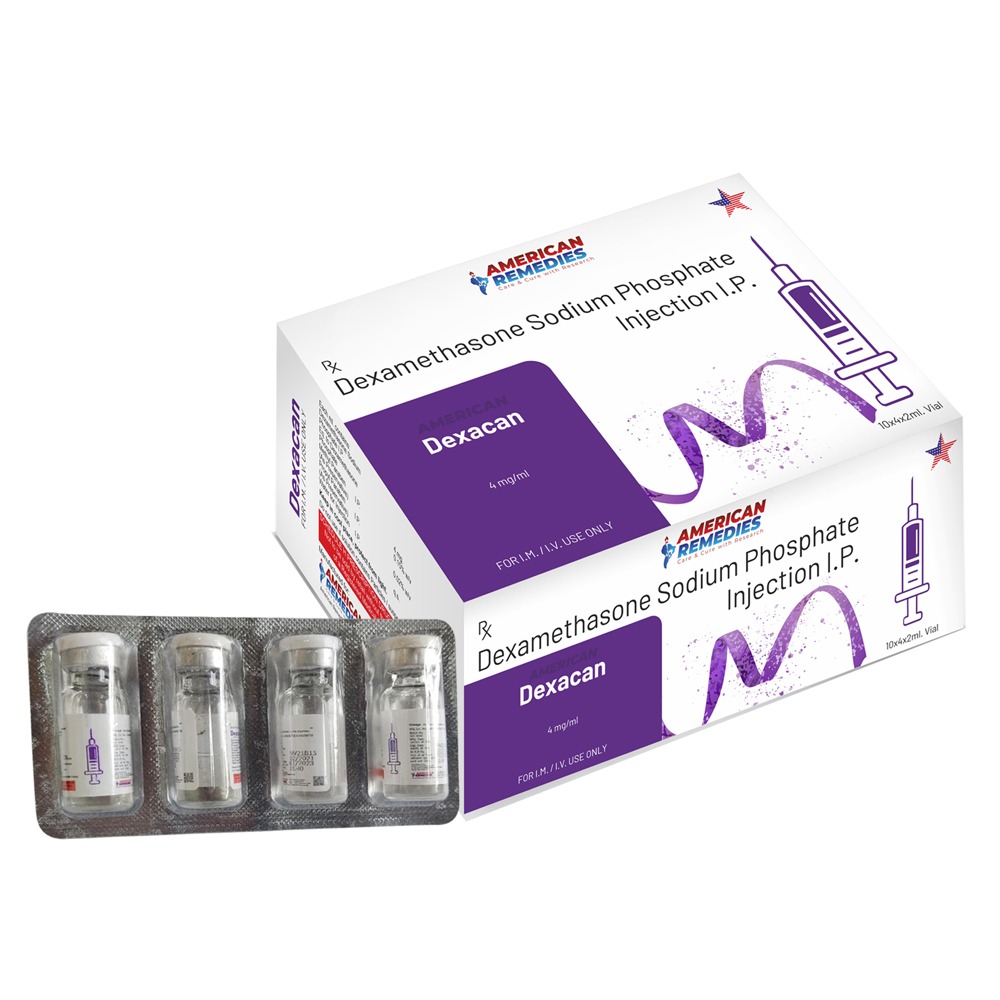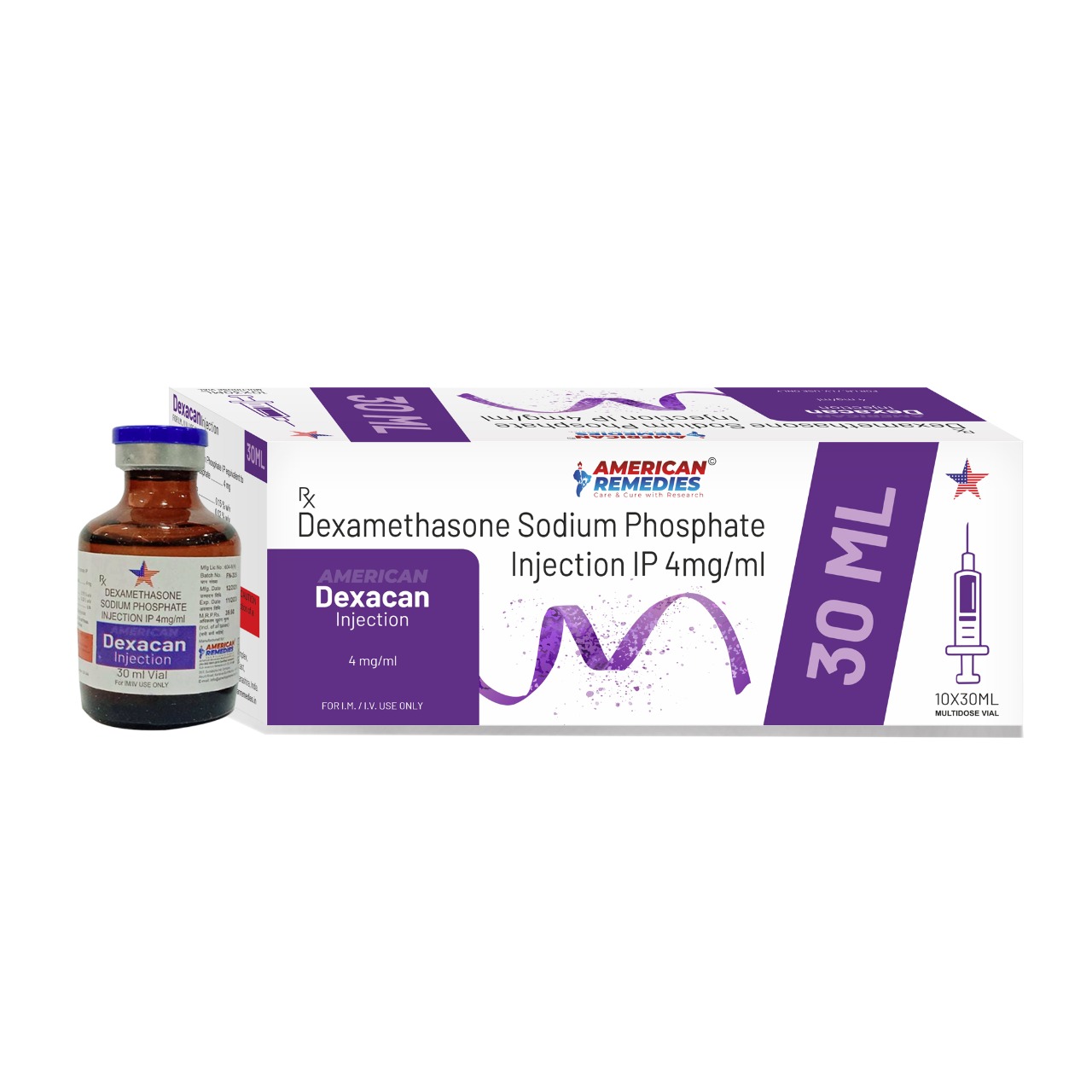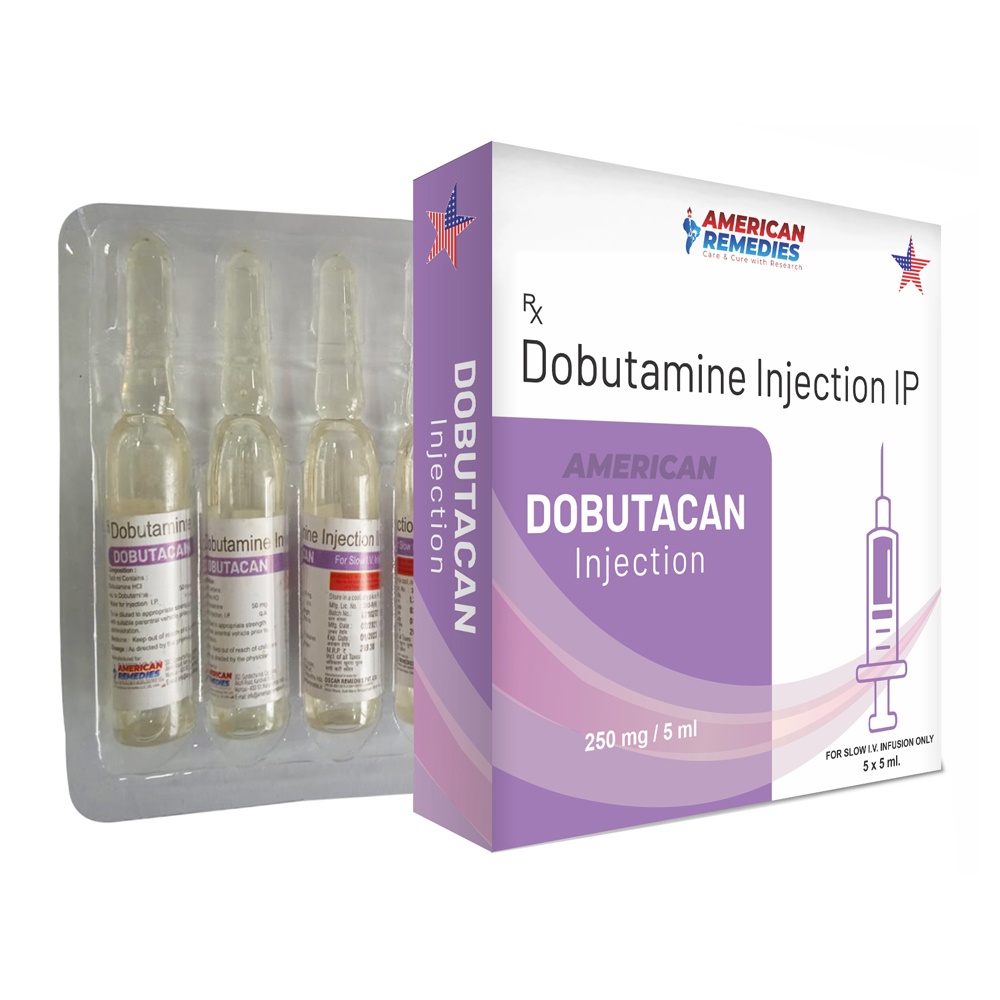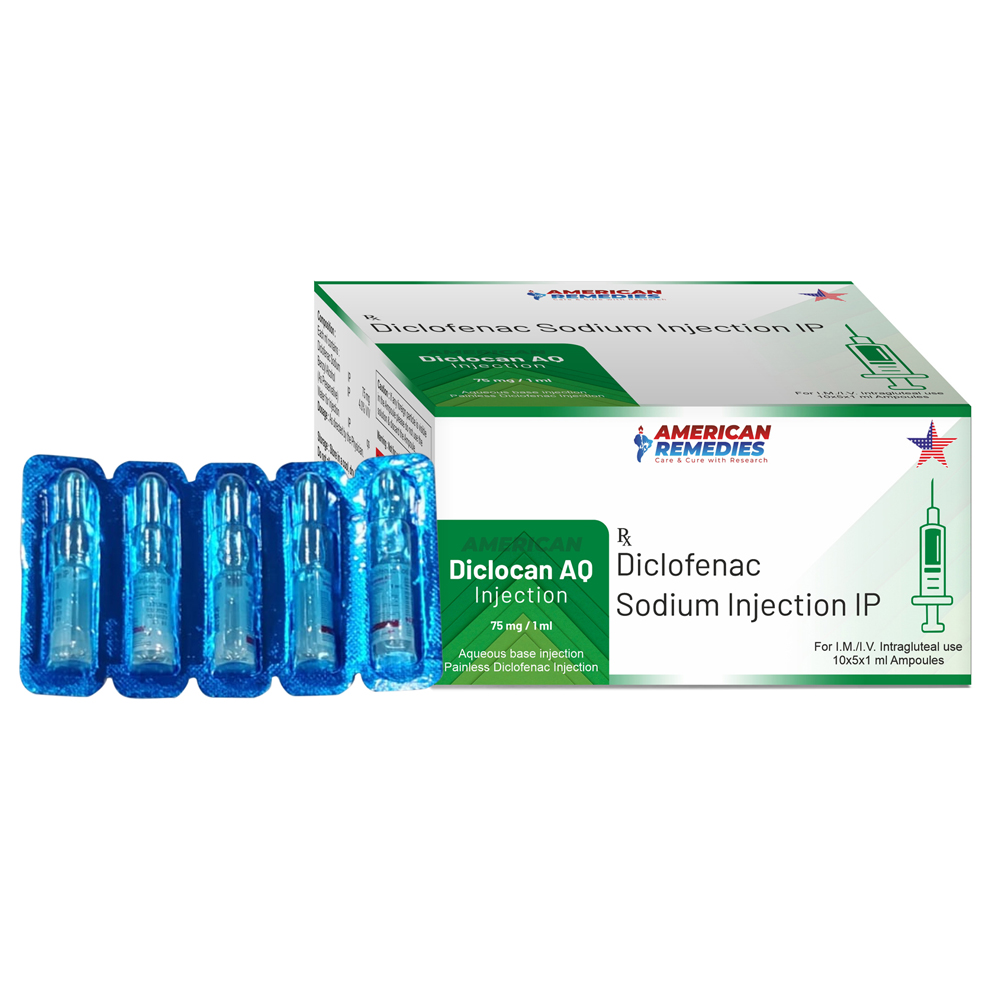Paracan IV is an intravenous (IV) injection that contains paracetamol (also known as acetaminophen). It's commonly used for: 1. Pain Relief: • Post-operative pain: Helps manage pain following surgeries. • Headaches: Effective for treating mild to moderate headaches. • Muscle and joint pain: Used for muscle strains, back pain, or arthritis pain. • Other pain types: Such as toothaches, menstrual cramps, and nerve pain. 2. Fever Reduction: • Paracan IV is used to reduce fever in cases of infections, inflammation, or after surgical procedures. How It Works: Paracan IV works by inhibiting the production of prostaglandins (chemicals in the body that cause pain and inflammation). This provides both pain relief (analgesic effect) and fever reduction (antipyretic effect). Administration: Paracan IV is given through an intravenous (IV) line, typically in a hospital or clinical setting. The dosage depends on the patient's condition, but it's commonly administered when oral medication is not an option. Side Effects: While generally safe when used as directed, it can cause side effects, such as: • Headaches • Nausea or vomiting • Injection site reactions (pain, redness, or swelling) If you experience severe allergic reactions (e.g., difficulty breathing, swelling), immediate medical attention is required. Precautions: Before use, inform your healthcare provider if you have: • Liver or kidney disease • Alcohol use disorder • Allergies to paracetamol or any components of the injection Always use under medical supervision, especially for pregnant or breastfeeding women.
Send Message